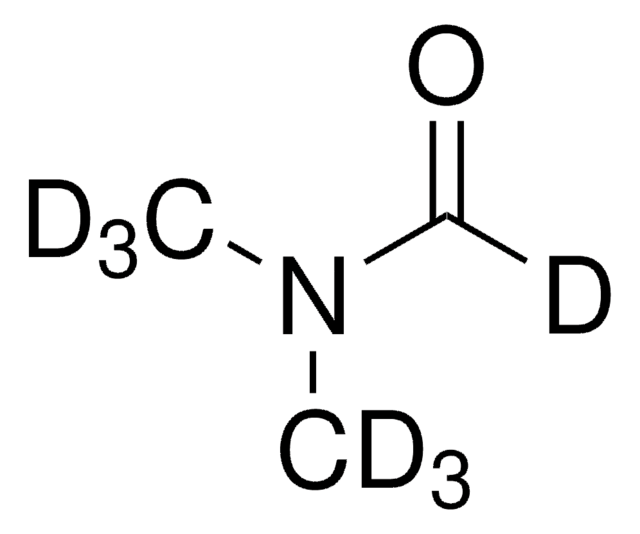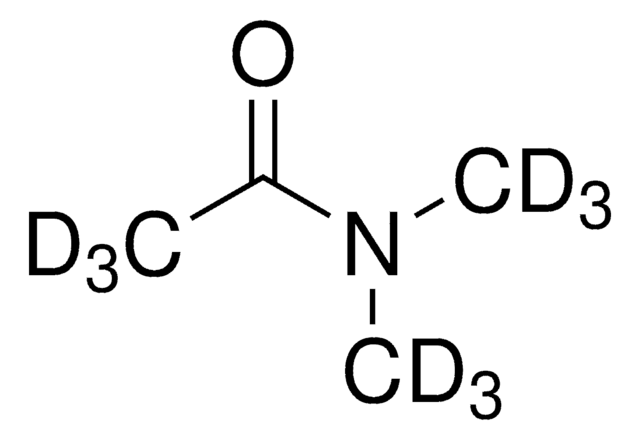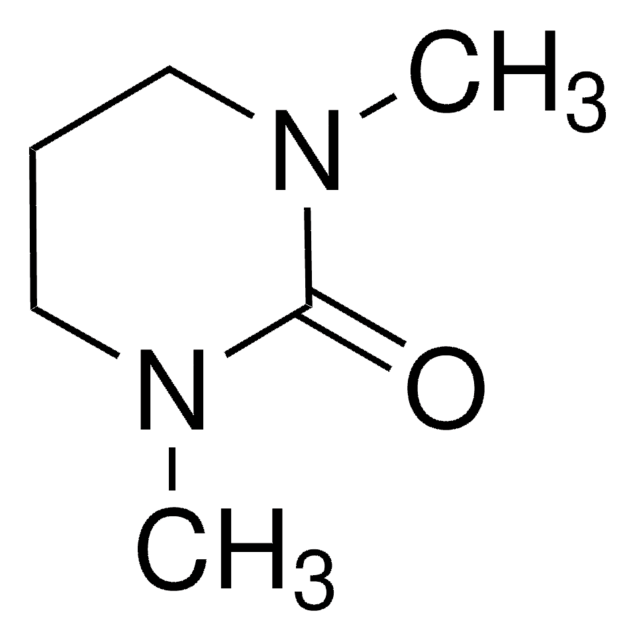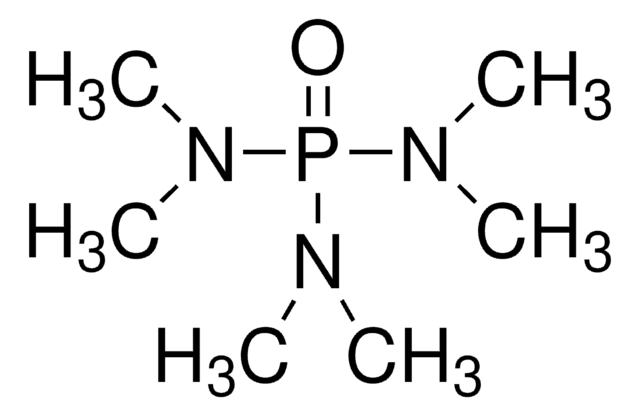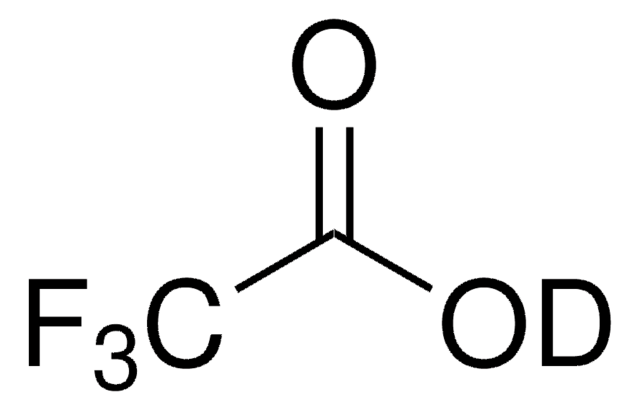615854
N-Methyl-d3-2-pyrrolidinone-d6
98 atom % D
Synonym(s):
1-Methyl-d3-2-pyrrolidinone-d6, Deuterated methylpyrrolidinone
About This Item
Recommended Products
isotopic purity
98 atom % D
Quality Level
Assay
99% (CP)
bp
202 °C (lit.)
density
1.125 g/mL at 25 °C
mass shift
M+9
SMILES string
[2H]C([2H])([2H])N1C(=O)C([2H])([2H])C([2H])([2H])C1([2H])[2H]
InChI
1S/C5H9NO/c1-6-4-2-3-5(6)7/h2-4H2,1H3/i1D3,2D2,3D2,4D2
InChI key
SECXISVLQFMRJM-YNSOAAEFSA-N
Related Categories
General description
Application
Packaging
Signal Word
Danger
Hazard Statements
Precautionary Statements
Hazard Classifications
Eye Irrit. 2 - Repr. 1B - Skin Irrit. 2 - STOT SE 3
Target Organs
Respiratory system
Storage Class Code
6.1C - Combustible acute toxic Cat.3 / toxic compounds or compounds which causing chronic effects
WGK
WGK 1
Flash Point(F)
186.8 °F - closed cup
Flash Point(C)
86 °C - closed cup
Choose from one of the most recent versions:
Already Own This Product?
Find documentation for the products that you have recently purchased in the Document Library.
Customers Also Viewed
Our team of scientists has experience in all areas of research including Life Science, Material Science, Chemical Synthesis, Chromatography, Analytical and many others.
Contact Technical Service